Are International Monetary Fund (IMF) bailouts indirectly supporting Pakistan’s military operations, including the recent Pahalgam terror attack in India?
As tensions between the two nuclear-armed neighbours escalate, India is actively challenging Pakistan’s access to international financial aid, raising concerns over potential misuse of funds and calling for greater accountability from multilateral lenders.
IMF bailouts for Pak under lens
On May 9, the IMF Executive Board is scheduled to review a proposed $1.3 billion loan to Pakistan under its climate resilience programme, as well as assess progress under an ongoing $7 billion Extended Fund Facility (EFF). India, for the first time, may vote against this aid.
This funding has been critical for Pakistan’s $350 billion economy, which narrowly avoided default in 2023 with IMF support.
However, India has expressed serious reservations about the disbursement of new funds, citing concerns over the country’s military spending and potential diversion of financial resources.
A government source confirmed to Reuters that India has urged the IMF to review loans disbursed to Pakistan, especially in light of the Pahalgam attack in Jammu and Kashmir, which New Delhi attributes to Pakistan-based terrorists.
“We did about 70 meetings … interest has been very high for investing and supporting Pakistan as the economy turns around,” said Khurram Schehzad, advisor to Pakistan’s finance minister, while defending the IMF programme as being “well on track.”
Previously, India had abstained from voting on IMF assistance to its neighbour, but recent developments may prompt a policy shift.
In a related diplomatic move, India has appointed Parameswaran Iyer, currently Executive Director at the World Bank, to temporarily represent India on the IMF Board.
Iyer’s appointment — replacing K.V. Subramanian — is seen as a strategic move aimed at amplifying India’s voice in global financial institutions. It marks an intensification of India’s diplomatic push to ensure stricter scrutiny of Pakistan’s use of IMF funds.
How Pakistan prioritises defence over economy
Pakistan narrowly avoided sovereign default in 2023 after securing the $7 billion bailout. Since then, it has claimed to stabilise its $350 billion economy.
Inflation has eased significantly, falling to low double digits by February 2025 from nearly 40 per cent in May 2023. The central bank has also slashed interest rates by 1,000 basis points since June 2024, reflecting easing financial pressure.
However, renewed hostilities with India now threaten these gains. Pakistan’s substantial defence spending — estimated at 14.5 per cent of its budget in FY 2024–25 and a proposed 7.5 per cent this fiscal — could further strain public finances.
The costs of mobilising troops and preparing for potential military retaliation could unravel months of fragile economic progress.
Pakistan’s heavy defence outlay contrasts starkly with its economic vulnerability. Though inflation has declined — from 40 per cent in May 2023 to low double digits by early 2025 — analysts warn that fresh conflict with India could reverse those gains.
Are IMF bailouts enabling Pakistan’s military and terror activities?
Pakistan’s military strategy, including covert operations and responses to India’s actions, may be indirectly enabled by the fiscal space created through IMF bailouts and other multilateral assistance.
Critics argue that these bailouts, while stabilising the economy on paper, may be freeing up internal resources for increased defence expenditures, including operations like the one seen in Pahalgam.
A report by Moody’s Ratings warned that continued military tensions with India could reverse the economic recovery Pakistan has achieved under IMF guidance.
“Sustained escalation in tensions with India would likely weigh on Pakistan’s growth and hamper the government’s ongoing fiscal consolidation,” the report stated. It further noted that Pakistan’s foreign-exchange reserves remain precariously low at just above $15 billion, while India’s reserves exceed $688 billion.
History of bailouts without reform
Pakistan’s long-standing reliance on IMF bailouts reflects deep-rooted structural issues in its economy. Since 1984, Pakistan has received billions in IMF assistance across more than 20 bailout packages.
The most recent $7 billion package, approved in 2024, was disbursed in tranches with strict conditions, including tax reforms, subsidy cuts and improved governance.
Though short-term indicators such as inflation and foreign reserves have improved modestly, the core weaknesses — such as a narrow tax base, energy inefficiencies, and political instability — remain unresolved.
According to IMF data, Pakistan has made significant repayments, including over $282 million in 2025 alone, yet the debt cycle continues to repeat.
Meanwhile, Pakistan continues to lobby international lenders, including in spring meetings in Washington, for more financial support to stabilise its economy.
While the IMF praised Pakistan in March for “significant progress in restoring macroeconomic stability,” the growing militarisation and recurring terror incidents suggest that fiscal stabilisation alone cannot ensure peace or transparency.
Also Watch:
With inputs from agencies


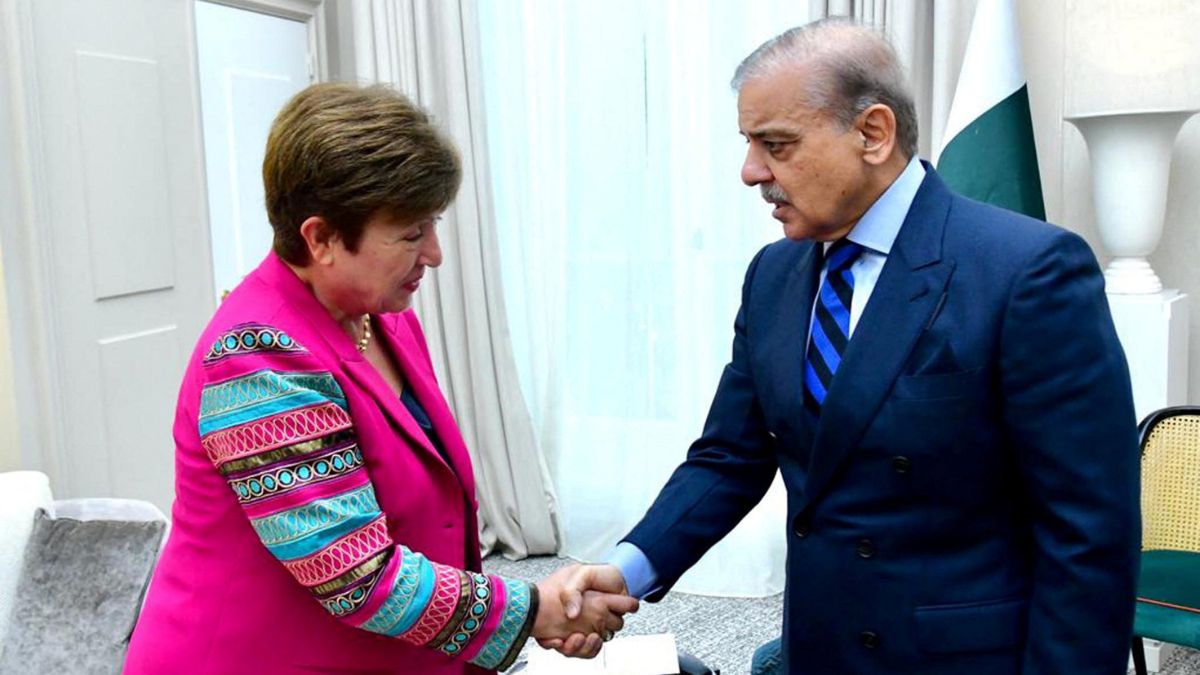)
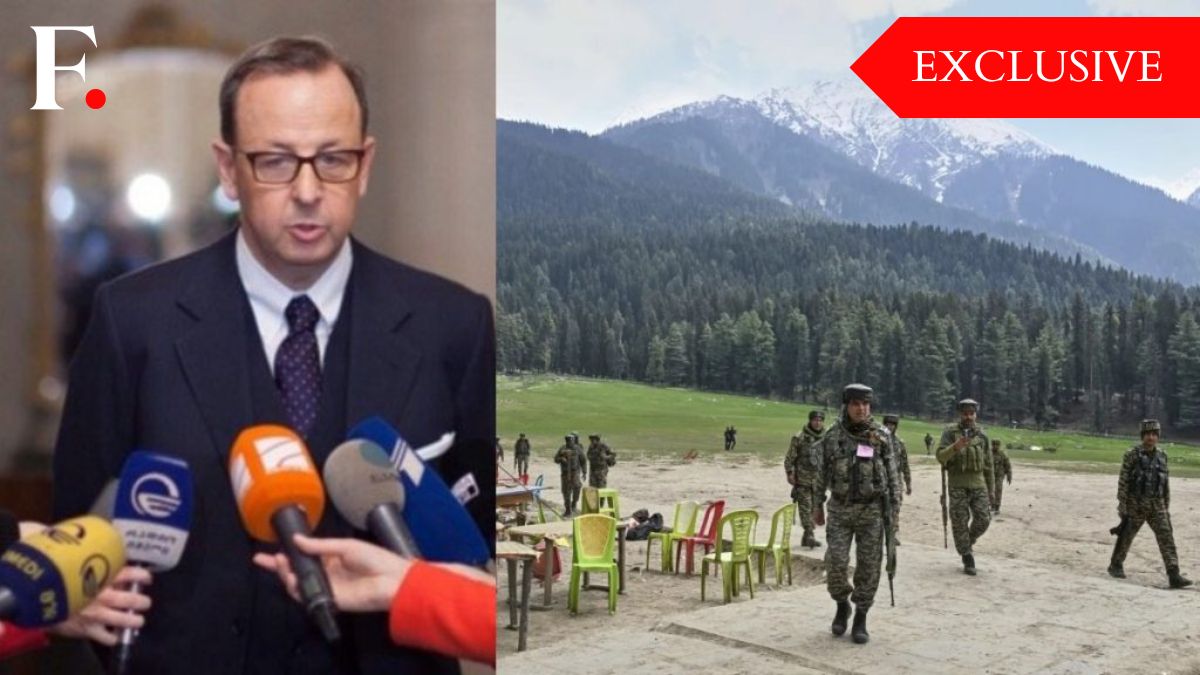)
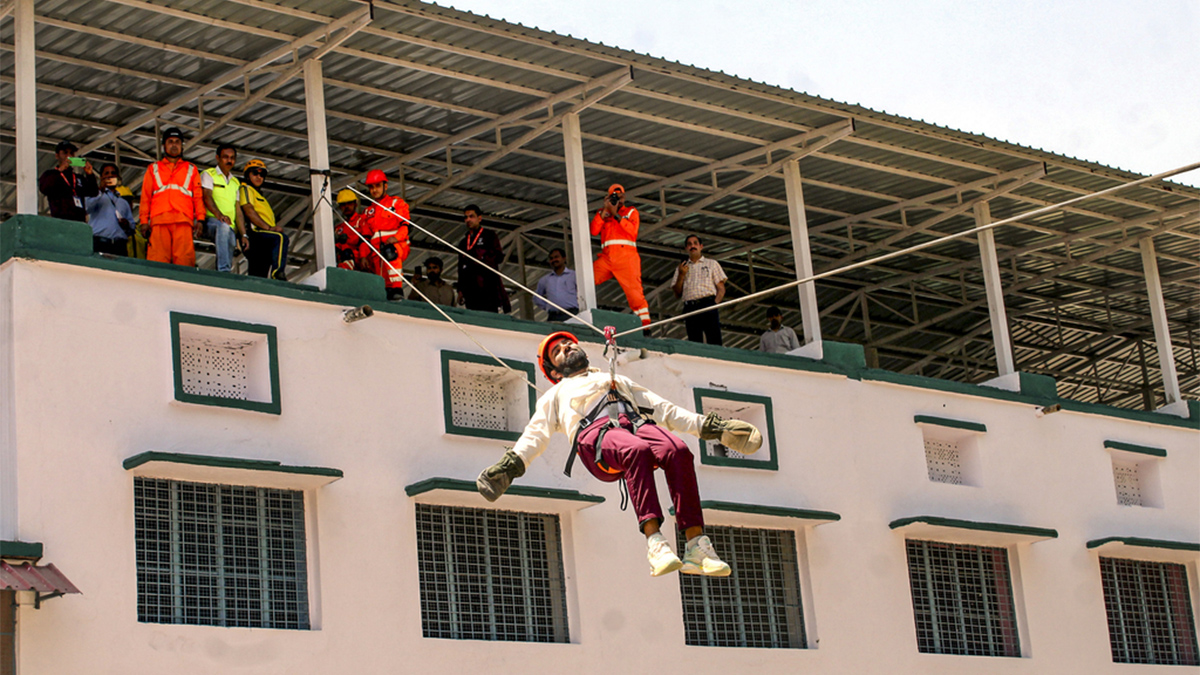)
)
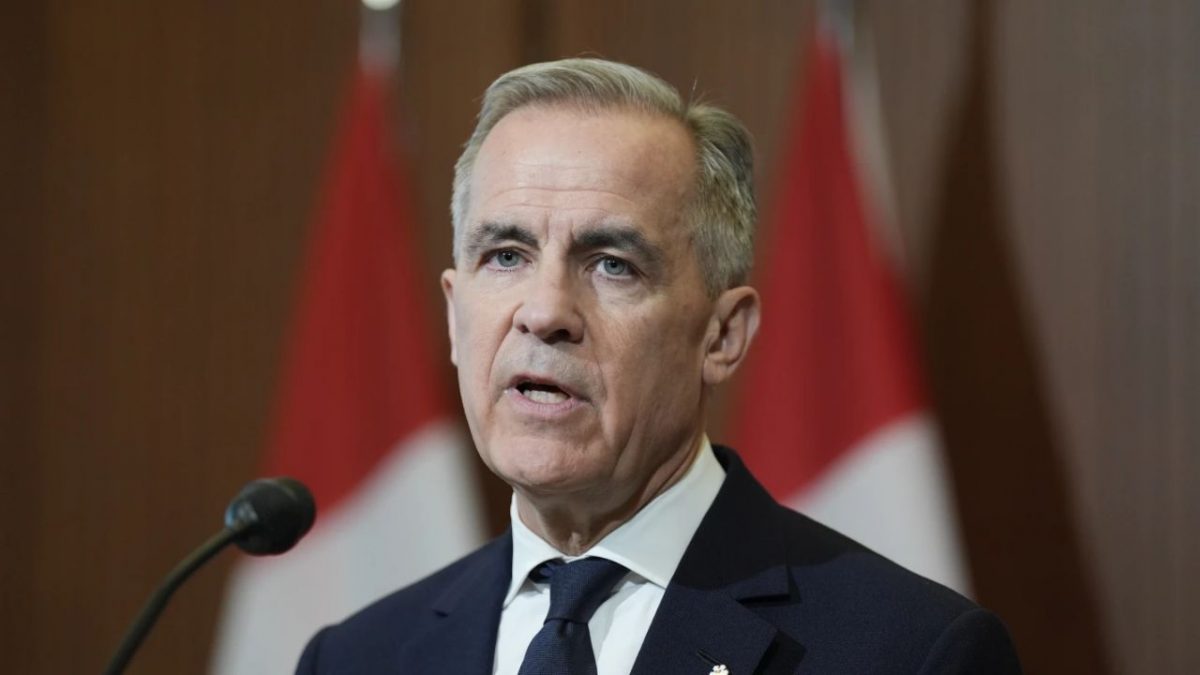)
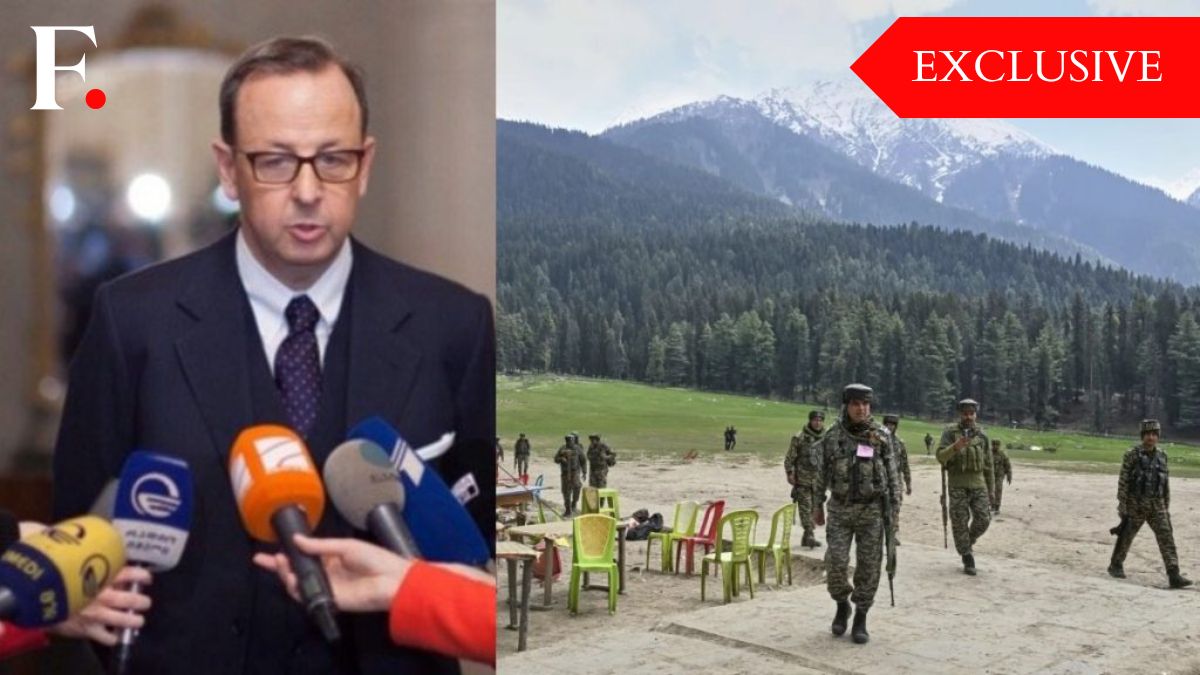)
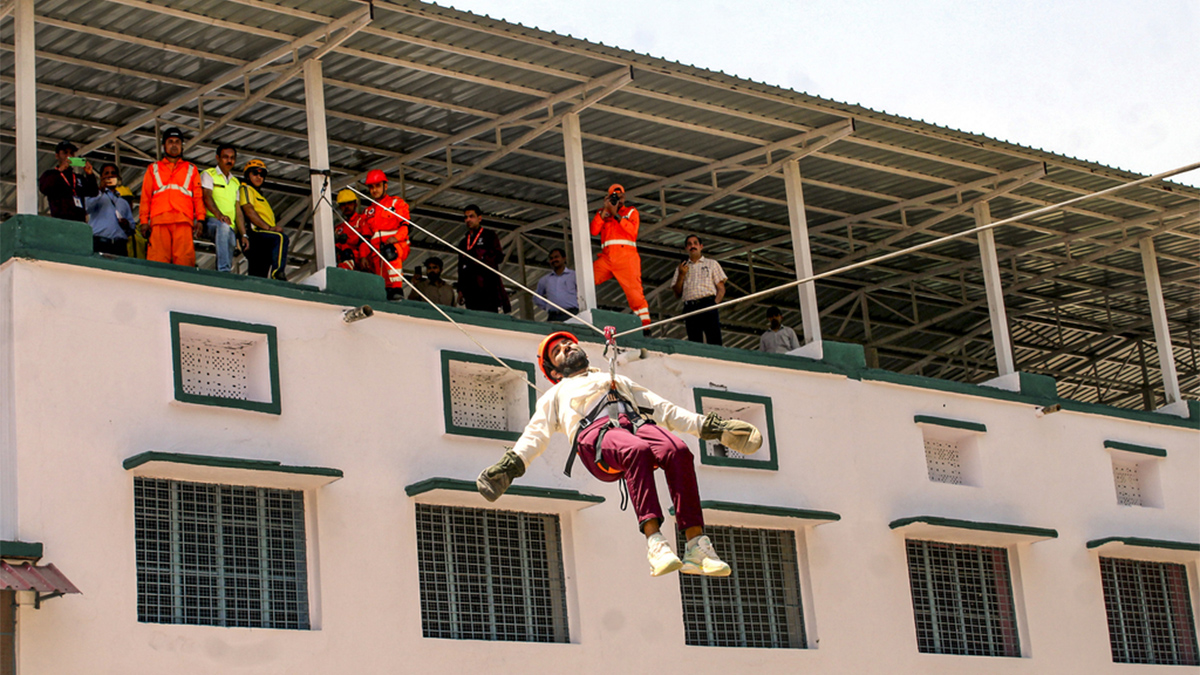)
)
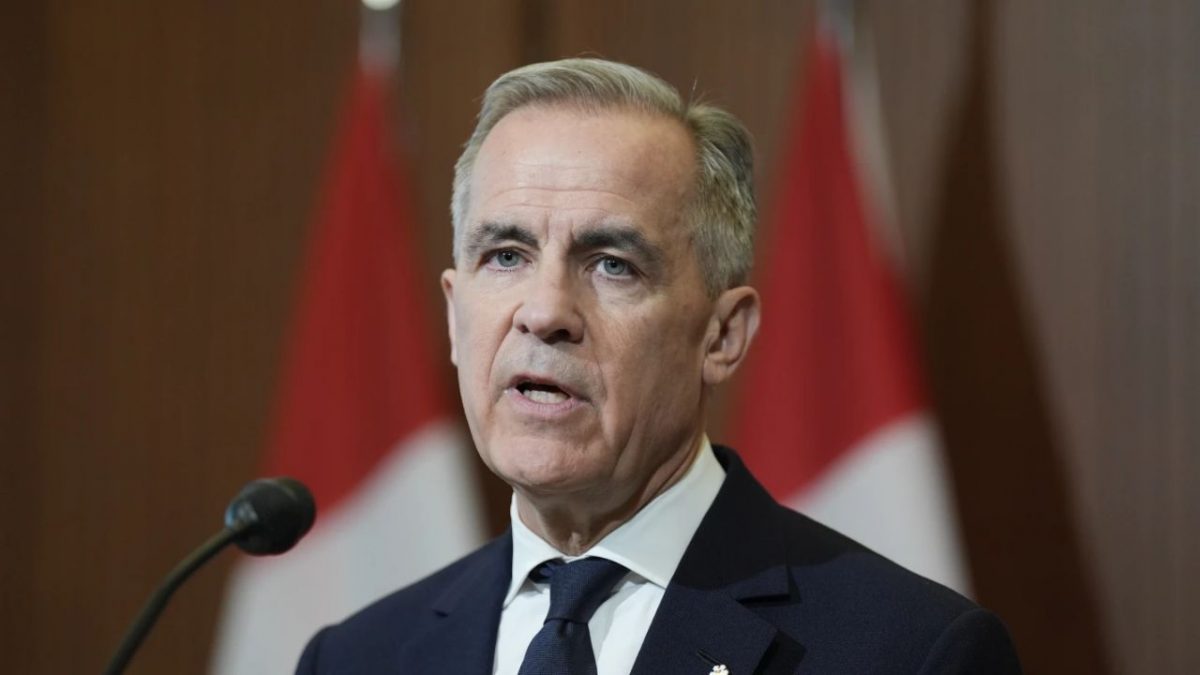)